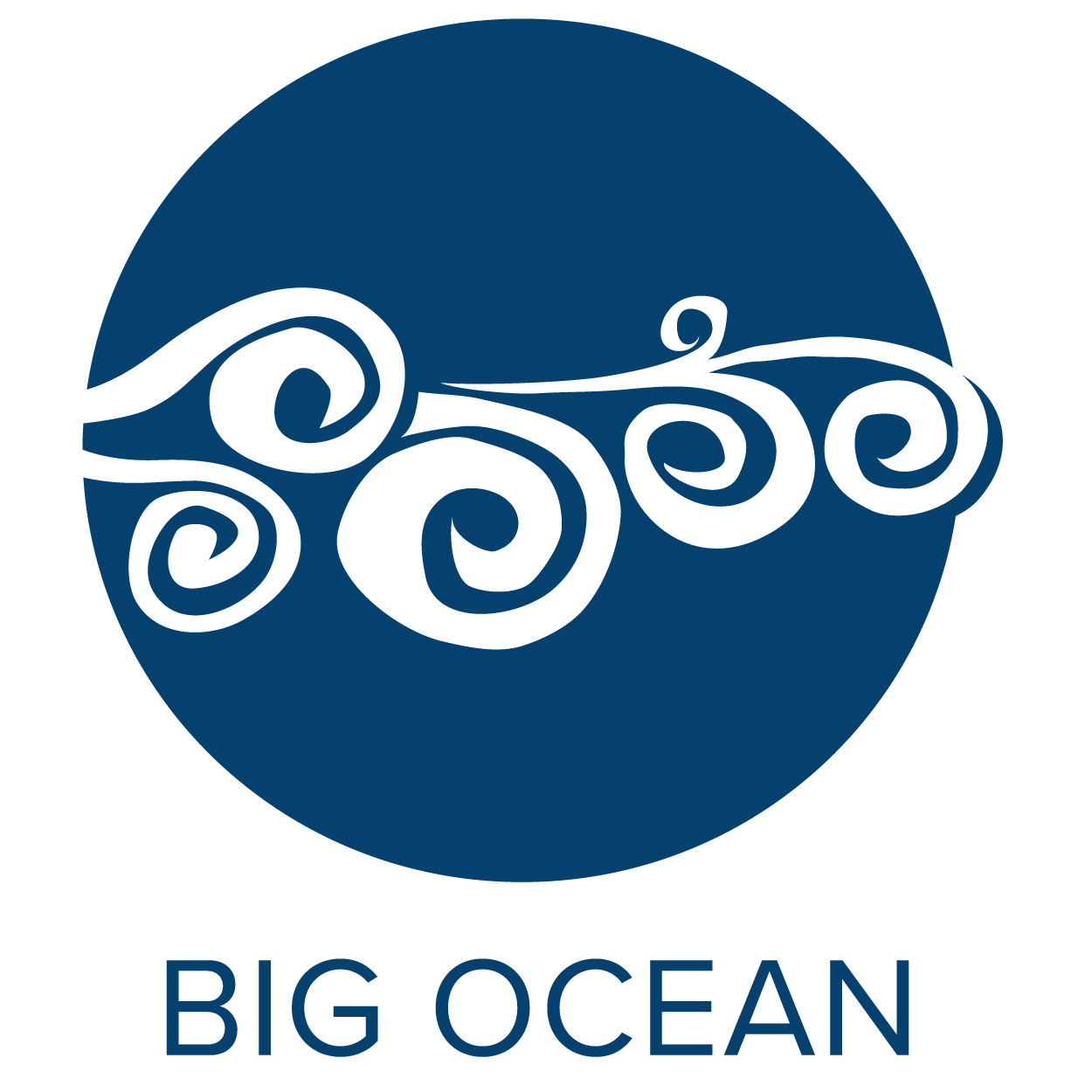Global Guidelines
Big Ocean in partnership with the IUCN WCPA Large-Scale MPA Task Force is pleased to announce the launch of Large-Scale Marine Protected Areas: Guidelines for design and management, Best Practice Protected Area Guidelines Series, No. 26, at the 4th International Marine Protected Areas Congress.
To download, click here!
The publication was initially conceived of as guidance by managers – for managers. However, the lessons learned at established Large-Scale Marine Protected Areas (LSMPAs) shows that the way to create a successful, relevant and sustainable management regime for vast marine areas is to engage with stakeholders, community members and policy makers from the earliest stages of the process. As such, the scope of these Guidelines quickly shifted.
The member managers of Big Ocean see the significance of these Guidelines as setting the foundation upon which other LSMPA focused publications, products, tools and services can be developed. As well, the hope is that the guidance inspires a more robust LSMPA community of practice to flourish and to seek answers to the many unanswered questions about how to best design and manage vast marine conservation initiatives over time. As our collective understanding of the benefits of LSMPAs grows, so too will our capacity to develop management approaches that most effectively address the wider links to key social, economic and cultural issues such as food security, maintaining livelihoods and sustainable development, protecting biodiversity and addressing global threats such as climate change.
Big Ocean would like to thank these organizations for their support in making these Guidelines possible: IUCN World Commission on Protected Areas, Convention on Biological Diversity, National Oceanic and Atmospheric Administration (NOAA), Papahānaumokuākea Marine National Monument, National Marine Sanctuary Foundation, Oceana, Great Barrier Reef Marine Park, Conservation International and Conservation International – Hawaii, Chagos Conservation Trust, International Coral Reef Initiative, Gouvernement Princier–Principaute de Monaco, New England Aquarium, Robertson Foundation, and the Woods Hole Oceanographic Institution (WHOI).
